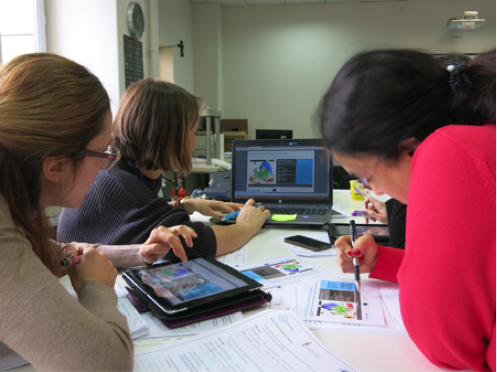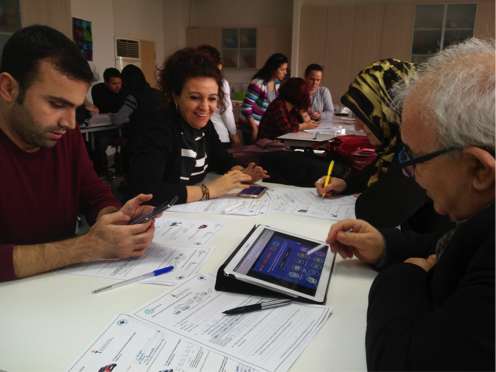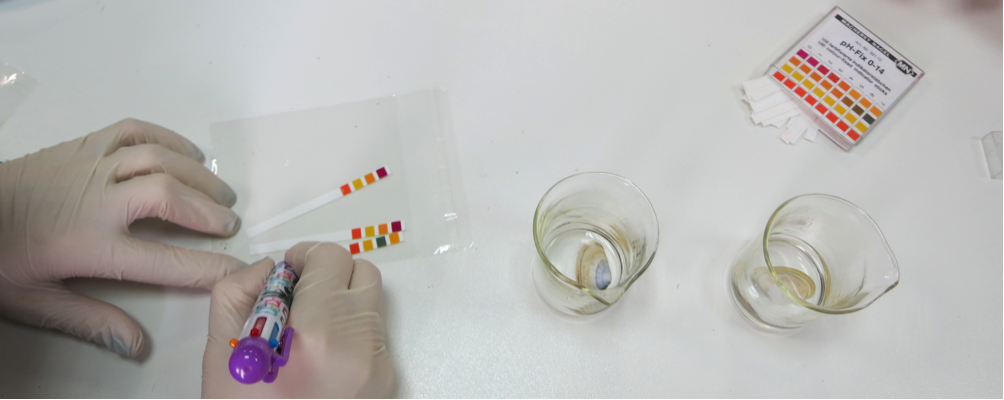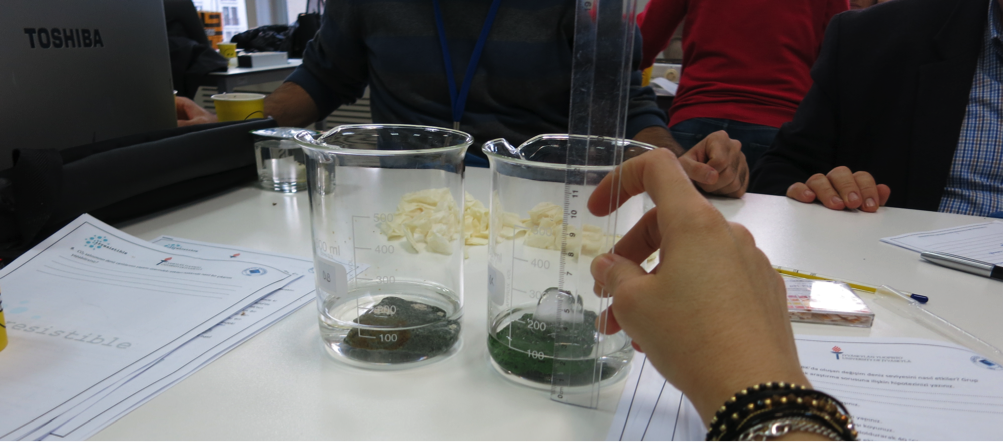The second phase of the Project Irresistible in Turkey continues with the workshop on “Global Climate Change Module” with the participation of 23 science teachers in February 13, 2015 at the Bogazici University. Global Climate Change Module, one of the cutting-edge topics in science education, has attracted science teachers’ interest.
Teachers at Global Climate Change Workshop, experienced the module focusing on different issues related to climate change, impacts of climate change on animals and environment, daily life activities that contributes to CO2 release and possible measurements to prevent the release of greenhouse gases. They engaged in the topic of climate change with watching an animation about how human beings contribute to climate change with numerous daily activities done without thinking much about their possible impacts on the ecosystem. They involved in many activities starting with drawing a concept map and pre-discussion about the sources and impacts of climate change. Secondly, they examined the signs of climate change, the sources of greenhouse gases and the change in climatic zones by using web-based visualisations that give opportunity to explore these topics in detail.


In addition, science teachers designed an experiment to examine the acidification of seawater. They used seashells, collected from Kilyos Beach in Istanbul, to model how the acidification of sea water affects marine life, especially crustaceans. They graphed the fluctuated pH levels of seawaters as a result of acidification and discussed on its causes and effects. Finally, science teachers conducted an experiment to examine the melting of continental ice and sea ice as a result of climate change. They discussed the similarities and differences of melting in two cases. Finally, science teachers discussed the concept of carbon footprint, and they calculated their contribution to carbon release with their daily activities by using a web-based calculator. They calculated both individual and group contributions and compared these with other groups and discussed about what primary and secondary carbon footprint is.
Responsible Research and Innovation was modeled in the context of climate change. In addition, science teachers involved in a role playing activity about an issue associated with a new road construction passing from city forest to decrease traffic density in Istanbul. As a result of role playing activity, science teachers realized how important it is to approach a global problem from different perspectives of RRI. At the end of the workshop, some teachers decided to implement the Global Climate Change module as a part of the Science and Technology lesson in their schools.










